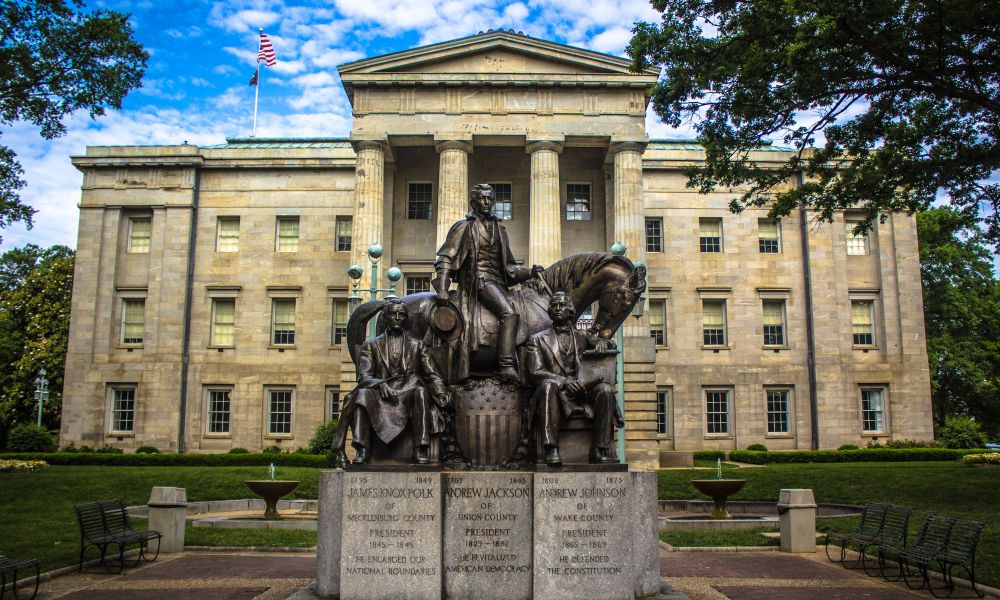Independent State Legislature Theory
- October 31, 2022

In an upcoming Supreme Court case — Moore v. Harper — the Supreme Court will consider a radical legal theory known as the “independent state legislature” (ISL) theory. If adopted by the Supreme Court, it would give state legislatures near-plenary power over federal elections and free them from the substantive and procedural constraints of state constitutions. In other words, a state legislature’s regulation of federal elections could not be struck down by a state court on state constitutional grounds. Nor, under some extreme versions of the theory, would such action by a state legislature be subject to gubernatorial veto. The crux of the theory is that the federal Constitution’s mention of state “legislatures” in the Elections and Electors Clauses should be understood as a grant of sole authority to state legislatures in setting the rules for congressional and presidential elections.
The ISL theory is baseless — it is inconsistent with the text of the Constitution, our nation’s history and practice, and Supreme Court precedent. If adopted by the Supreme Court, it could invalidate hundreds of state election laws in the context of federal elections and usher in a two-track election administration scheme where state and federal elections are governed by separate — and potentially competing — rules. The result would be uncertainty and confusion for election officials, voters, and courts, at a time when our election system can least afford it.
Protect Democracy Resources on the Independent State Legislature Theory
Protect Democracy is leading legal research and analysis of the Independent State Legislature theory in order to inform litigants, the public, the media, and others about the theory and its potentially dire consequences.
Conservatives Are Begging the Supreme Court Not to Take Us Into an Elections Abyss Conservatives Are Begging the Supreme Court Not to Take Us Into an Elections Abyss
The Independent State Legislature Theory Should Horrify Supreme Court’s Originalists The Independent State Legislature Theory Should Horrify Supreme Court’s Originalists
Independent State Legislatures and Presidential Elections: Addressing Misconceptions About Current Law and Prospects for Reform Independent State Legislatures and Presidential Elections: Addressing Misconceptions About Current Law and Prospects for Reform
White & Kistler: “Will the Supreme Court’s Originalists Be Open to New Originalist Evidence and Reject the Independent State Legislature Theory?” White & Kistler: “Will the Supreme Court’s Originalists Be Open to New Originalist Evidence and Reject the Independent State Legislature Theory?”
Related Content
It can happen here.
We can stop it.
Defeating authoritarianism is going to take all of us. Everyone and every institution has a role to play. Together, we can protect democracy.
Donate
Sign Up for Updates Sign Up for Updates
Explore Careers Explore Careers
How to Protect Democracy How to Protect Democracy

